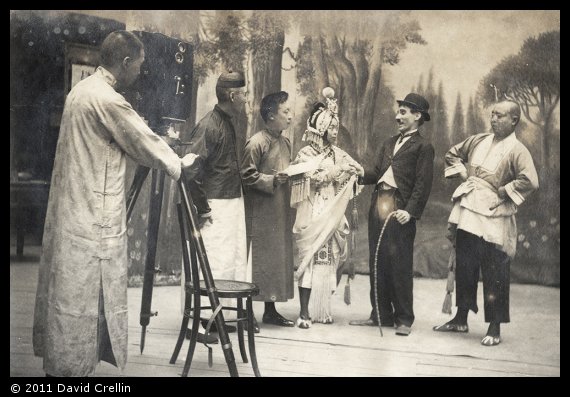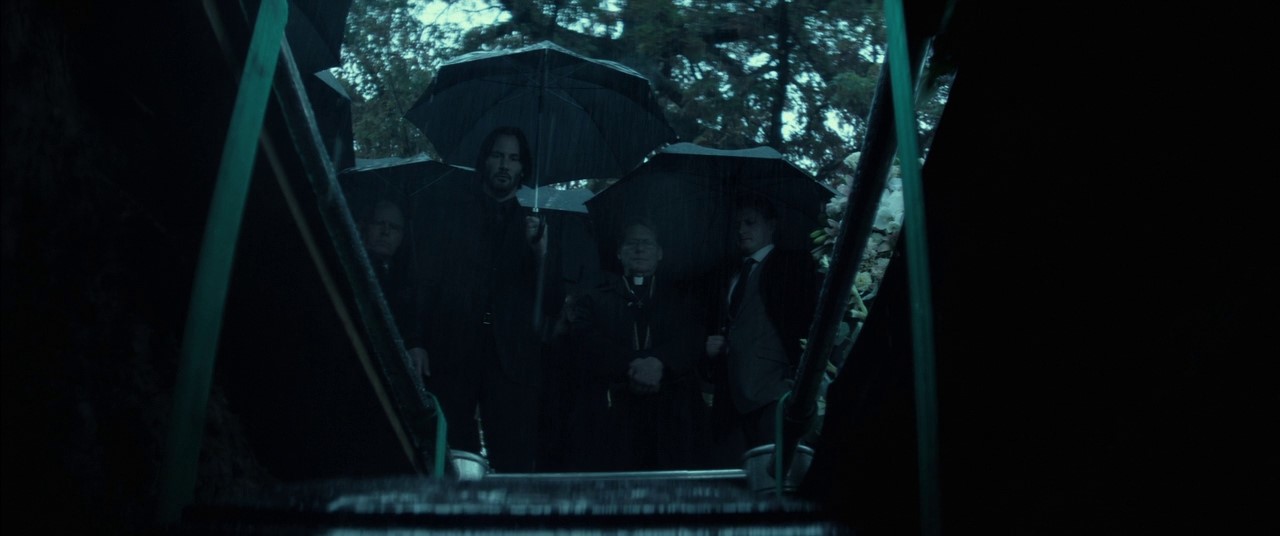As 2021 promises new beginnings, we leave behind one of the most tumultuous years in recent history; between political upheavals, natural disasters, and the COVID-19 pandemic, 2020 has proven destructive, demoralizing, and utterly unpredictable. During these turbulent times, we at Film Matters Online and cinephiles the world over have turned to film in search of comfort. Not even the escapist fantasies of the screen, however, exist entirely outside of the context of reality, and the events of 2020 have undoubtedly left their mark upon our interactions with visual media both new and old.
How have your recent experiences with film been shaped by these circumstances? How have your aesthetic, thematic, and cinematographic perceptions of cinema evolved over the past year? The past month? The past few days? Perhaps you returned recently to an old favorite film, only to discover that your perspective of it has changed in some way since your last viewing. Perhaps you have been digitally streaming new releases at home and find yourself pining for the unspoken community of a crowded theatre. What aspects of movies (and the experience of viewing them) do you notice now which might not have stood out to you a year ago? For example, as Kyle Stevens writes, “as the perception of space is reconditioned in life under Covid, our encounters with fictional spaces, and with what and how they express, alters… so-called negative space between characters, traditionally construed as an aesthetic choice, now takes on a biopolitical urgency, a politicized and medical meaning.”
Moreover, consider how recent circumstances have impacted the film industry itself—how have filmmakers adapted (or failed to adapt) in the face of current events? How might the future of the film industry be influenced by such changes?
The editorial board of Film Matters Online welcomes submissions from undergraduate or recently graduated undergraduate writers for online publication. We are interested in papers that explore how the events of the past year have impacted observations of and interactions with cinema on an individual, community, or industrial level. These papers might address concepts including, but not limited to:
- The COVID-19 pandemic
- The resurgence of the Black Lives Matter Movement
- The boom of digital streaming services such as Netflix, Hulu, Amazon Prime Video, and Disney +
- Political events such as the 2020 US presidential election (and the resulting hope and violence)
- Natural disasters such as hurricanes, floods, the Australian bushfire crisis, or the California Wildfires
- Scientific or medical developments such as the end of the Kivu Ebola outbreak or the development of the COVID-19 vaccine
For further inspiration, the Criterion Collection’s First Person series contains some excellent examples of personal film writing (although submissions are not required to follow this form).
Specific information about eligibility to publish in Film Matters, style guide, images, etc. can be found at https://www.filmmattersmagazine.com/style-guide/. Submissions should be between 1,000 and 3,000 words.
Submissions should be sent to filmmattersonline AT hendrix.edu.















































